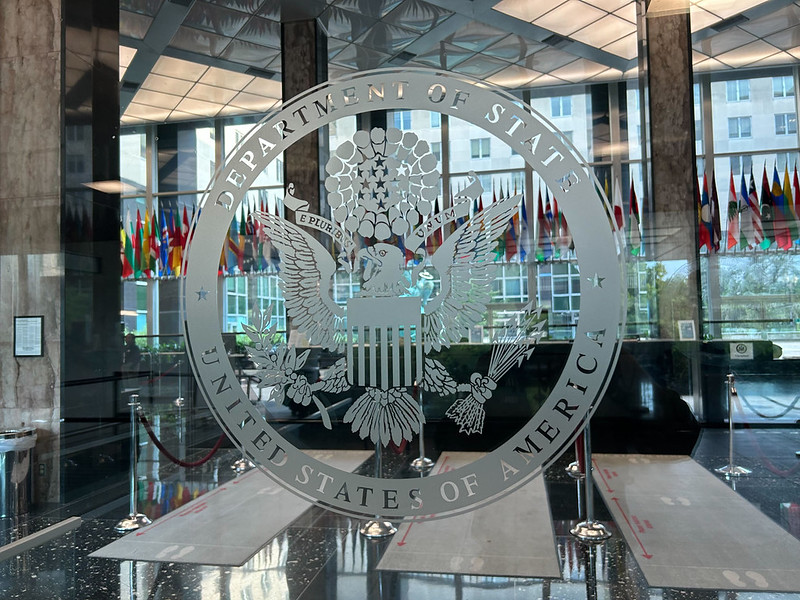Already a subscriber? Make sure to log into your account before viewing this content. You can access your account by hitting the “login” button on the top right corner. Still unable to see the content after signing in? Make sure your card on file is up-to-date.
The United States has officially imposed targeted sanctions on senior Cuban officials in response to their roles in anti-government protests back in 2021.
Some shit you should know before you read: Back in July 2021, Cuba witnessed its largest anti-government protests in decades as thousands of citizens across the island took to the streets demanding freedom, better living conditions, and an end to the country’s longstanding economic hardships. Sparked by a combination of food, medicine, and electricity shortages (exacerbated by US sanctions), the demonstrations were largely organized through social media. The Cuban government responded violently, deploying security forces to crack down on dissent, leading to at least 5 deaths, dozens of injuries, and over 1,500 arrests. Authorities blamed the unrest on US-backed “counterrevolutionaries” and online manipulation, labeling the protests as a form of foreign interference designed to destabilize the country.

What’s going on now: In a notable development, the State Department has imposed a new round of sanctions targeting senior Cuban officials and regime-linked entities in response to what it describes as gross human rights violations stemming from the Cuban government’s crackdown on peaceful protesters in July 2021. For the first time, Cuban President Miguel Díaz-Canel was publicly sanctioned, alongside Defense Minister Álvaro López Miera and Interior Minister Lázaro Alberto Álvarez Casas.
The State Department also expanded its economic sanctions by adding 11 regime-linked properties to its Cuba Restricted List and Prohibited Accommodations List, including the Torre K hotel, a luxury high-rise in central Havana promoted by the Cuban government as a symbol of modernization. The department also announced visa restrictions on unnamed Cuban judicial and prison officials implicated in the “unjust detention and torture” of protesters arrested during and after the 2021 demonstrations, though these individuals were not publicly named due to legal confidentiality rules.
In a statement, Secretary Rubio said, “Four years ago, thousands of Cubans peacefully took to the streets to demand a future free from tyranny. The Cuban regime responded with violence and repression, unjustly detaining thousands, including over 700 who are still imprisoned and subjected to torture or abuse. While the Cuban people suffer shortages of food, water, medicine, and electricity, the regime lavishes money on its insiders. The United States demands immediate proof of life and the release of all political prisoners.”
Cuban officials condemned the sanctions, with Foreign Minister Bruno Rodríguez labeling the measures as part of a “ruthless economic war” waged by the United States and accusing Washington of attempting to break the Cuban people’s will through pressure and coercion. Johana Tablada, a deputy director at the Cuban Foreign Ministry, lashed out at Rubio personally, calling him a defender of “genocide, prisons, and mass deportations.”
Internationally, the US sanctions were met with strong opposition from the Bolivarian Alliance for the Peoples of Our America (ALBA), a regional bloc that includes several left-leaning Latin American countries. In a joint statement, ALBA described the sanctions as “infamous” and accused the United States of targeting Cuba out of fear of its revolutionary ideals. The bloc reaffirmed its solidarity with the Cuban government, declaring that “Cuba is not alone” and calling the sanctions a manifestation of imperialist aggression.







